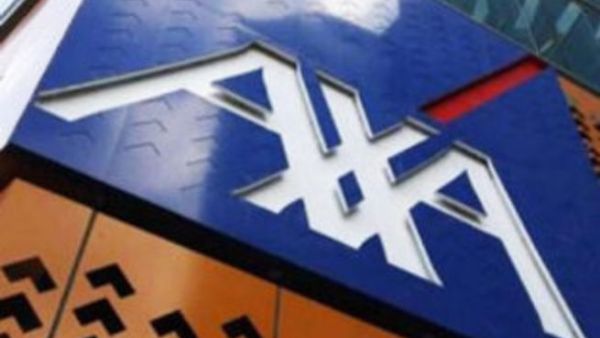AXA establishes footprint in Large Risks sector

Large construction projects require careful risk management. Insurance is a critical part of that risk. AXA Gulf, AXA Cooperative and AXA Corporate Solutions, the AXA Group entity dedicated to the Large Risks segment of the insurance market, have combined resources to optimize their respective strengths, local knowledge and international technical expertise, bringing to the Middle East market place an unrivalled insurance offering and risk consulting for large construction projects.
Insurance is one of the key mechanisms available to manage and transfer construction project risks. As construction projects in the region become larger and more complex, so do the risks associated with them. The sheer size, scope, and timing of today's projects pose significant risk management challenges, including identifying risks, determining the allocation of risks among the parties involved, developing mitigation and risk treatment plans in single projects or across an entire portfolio of projects.
AXA is well positioned to provide competitive ‘Lead’ terms or major ‘Follow’ lines on large risks. The company’s business segments in the Large Risks sector focus on construction projects with a value exceeding US$150 million and property entities with annual turnovers exceeding US $750 million.
Xavier Luscan, Property & Engineering Underwriting Manager, Corporate Solutions Large risks at AXA Insurance Gulf said, “We are seeing a shift to public-private infrastructure projects which often have more complex insurance requirements and the need to demonstrate high levels of risk management. Benefiting from a very significant underwriting capacity in the GCC markets for both Construction and Property lines of business, AXA presents the market with significant underwriting resources and expertise for protecting large construction projects and property risks. Our business model is one of a true risk carrier, as we use our own capacity rather than rely on the support of external reinsurance. We are also enthusiastic to promote a coinsurance approach when the need arises.”
Toby Sizeland – Chief Officer – Corporate Offering P&C and Large Risks at AXA Insurance Gulf also said:" –“In the three years that AXA have been focusing on this business sector, we have established a solid reputation in the market and our business portfolio has gone from strength to strength. We shall continue to build our teams and capabilities to grow our market share further and the overall proposition to customers and brokers specializing in Large Risks.”
The industry needs practical solutions for everyday challenges such as estimating construction costs and project schedules, quantifying and planning risk in the construction project life. The key drivers of AXA’s claim services in this segment are reactivity; competent help and advice on loss minimization, besides swift and fair settlement of loss.
Another fundamental requirement of underwriting today is to make available correct and specific risk assessment that is both objective and quantified. A critical aspect of AXA’s insurance offering is Risk Engineering and Consulting services, which help clients, understand their potential exposures. AXA partners with clients to introduce risk management concepts and loss prevention programmes. Risk Engineering services can either be part of the insurance offering or as an ‘unbundled’ property loss prevention service to clients disconnected from any insurance provision.
The financial crisis has emphasized the importance of insurance as a risk management tool in large scale construction projects and property entities. As the largest international insurer in GCC and having been present in the region for more than 50 years, AXA’s capabilities allows the company to offer a quick and a flexible approach to the changing needs of this large risks sector in a rapidly evolving commercial environment.
Background Information
AXA Gulf
VAT or Value Added Tax is a form of consumption tax that is imposed on a transnational level. The GCC has agreed to apply a uniform standard rate of 5%. This standard rate will apply to almost all domestic transactions. UAE and KSA will implement VAT on 1 January 2018, and the other GCC countries are expected to implement in the following 12 months.
In limited instances VAT can also apply at 0% (zero-rate), or transactions can be exempt from VAT, or out of scope.
How it works is that taxable businesses are generally able to recover the VAT they incur on their purchases and expenses.
However, as individuals, we are the final point of the supply chain and therefore, will bear the cost as we are not able to recover the VAT.






